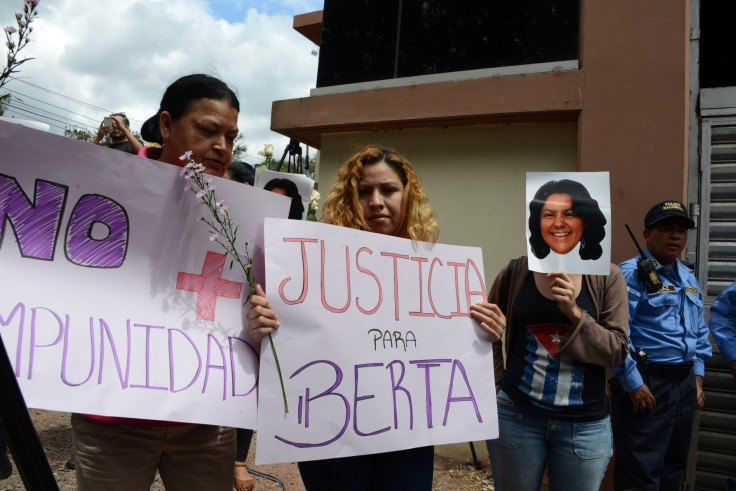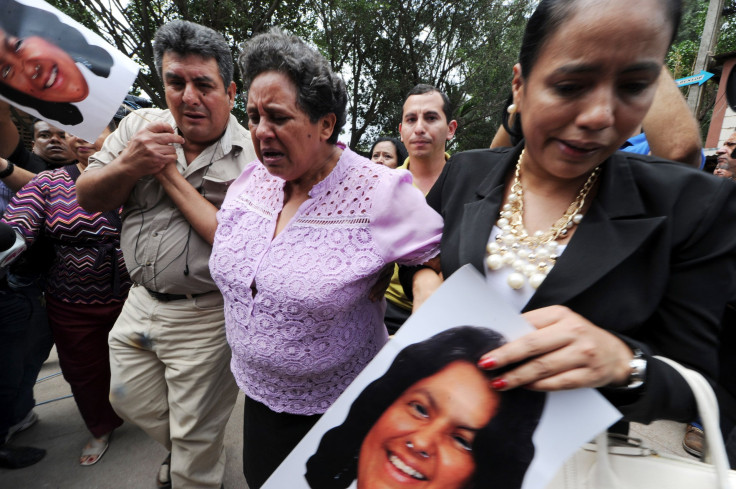Who Is Berta Cáceres? Prominent Honduran Indigenous Leader Slain

Prominent Honduran indigenous and environmental rights campaigner Berta Cáceres was slain early Thursday, barely a week after she was threatened for opposing a hydroelectric project, the Guardian reported. Cáceres had been the leader of the Lenca indigenous community and won the Goldman Environmental Prize in 2015.
Cáceres was killed by unknown assailants at 1 a.m., local time, inside her home in La Esperanza in the western province of Intibuca, teleSUR reported. Some reports indicated there were two killers while others suggested there were 11. The assailants escaped without being identified and also wounded Cáceres’ brother. While police told local media her death occurred during an attempted robbery, her family said they had no doubt Cáceres’ involvement with high-profile campaigns against dams, illegal loggers and plantation owners prompted an assassination.
The Guardian reported Cáceres’ 84-year-old mother said she has “no doubt” her daughter was killed “because of her struggle and that soldiers and people from the dam are responsible. I am sure of that.” She told radio Globo at 6 she holds “the government responsible.”
Cáceres had been a key leader in a Lenca struggle against a controversial development project in the community of Rio Blanco that was put in motion without consent from local communities, teleSUR reported. While Cáceres and other residents were able to halt construction of the project, the community has continued to face systematic harassment.

“She was a leader of the popular resistance movement against the 2009 coup, and never stopped fighting,” Adrienne Pine, anthropologist professor at American University, told teleSUR. “Even when she had to go underground to hide from the illegitimate Honduran government’s attempts to criminalize her activism, even when faced with multiple — obviously credible — death threats."
Cáceres had been protected under precautionary measures from the Inter-American Commission on Human Rights.
Pine said precautions taken by IAHRC and the Goldman Environmental Prize “were sufficient to protect her from the violence of the U.S.-supported militarized Honduran state, which along with the corporations she fought is responsible for her murder,” teleSUR reported.
Honduras is one of the most dangerous and deadly places in the world for land and environmental rights defenders, Global Witness said.
© Copyright IBTimes 2024. All rights reserved.






















